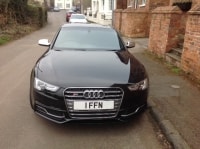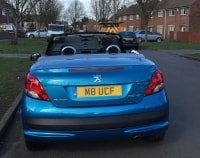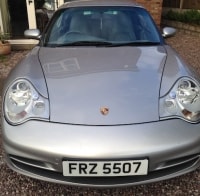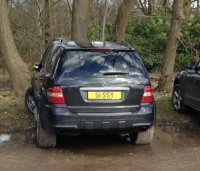Want To Sell Your Number Plate? Here’s How…
Private registration plates can be an extraordinary store of wealth, thanks to their rarity, status and sentimental value. Because of this, owners want to know how to sell their plates and how much they can reasonably expect to get in return.
Sell Through A Dealer
Private reg plate dealers are people who both buy and sell personalised number plates, offering motorists who want to sell their private reg plates both choice and support.
Selling through a dealer is a relatively straightforward process. The first step is to log onto their website and put your registration plate up for sale, as you would on any other website for any other product you were trying to sell.
Buyers then log onto the website, and if they’re interested, will purchase the plate from the dealer at the suggested price. The dealer then passes the money onto you, after paying itself a small cut for providing the service, and giving the DVLA money for its “transfer fee.”
One of the good things about selling through a dealer is that a dealer is far more likely to recognise the value of a specific registration plate. For instance, suppose that you own the registration plate FB55 MAC. A private seller might interpret this plate as a run-of-the-mill standard format plate with nothing particularly exceptional about it. However, a dealer would recognise the “MAC” part immediately as shorthand for a person with a Scottish surname and be able to suggest a much realistic price.
The other reason for going through a private dealer is that they provide you with access to a much larger audience of potential buyers. Whereas selling privately, you might be able to pitch to a dozen or so people, with a dealer’s website you can reach thousands. Among those people, you’re much more likely to find an individual who will be willing to pay the maximum price for your registration because it appeals directly to them.
Find Out How Much Your Plates Are Worth
Before selling your plates, it’s a good idea to find out how much similar examples are worth. The value of private number plates in each format category can vary enormously, so even if you think that your private plate is relatively standard, there’s a chance that it could be worth a lot more than you expect.
Many websites offer free registration plate valuations tools based on computer algorithms. However, these tend not to be particularly accurate, especially if your plate is unusual or contains specific keywords. We have a much better approach as an experienced human works out a suggested price for you.
To get a quote, you’ll need to supply the letters and numbers on the registration plate itself, along with your name, email address, and postcode. You’ll also need to provide evidence that you have the registration. Once you’ve submitted the information, an experienced professional will review your registration and suggest a price via email based on comparable market values.
Different plates are worth different amounts. Basic plates, such as those featuring two letters (representing location), two numbers (representing the year of production), and three letters (chosen at random), usually fetch between £150 to £350, depending on quality. Above that are old-style plates with three letters followed by three numbers followed by a single letter. You can still pick up these registrations cheaply for particular combinations, and they can range anywhere from £150 to £600.
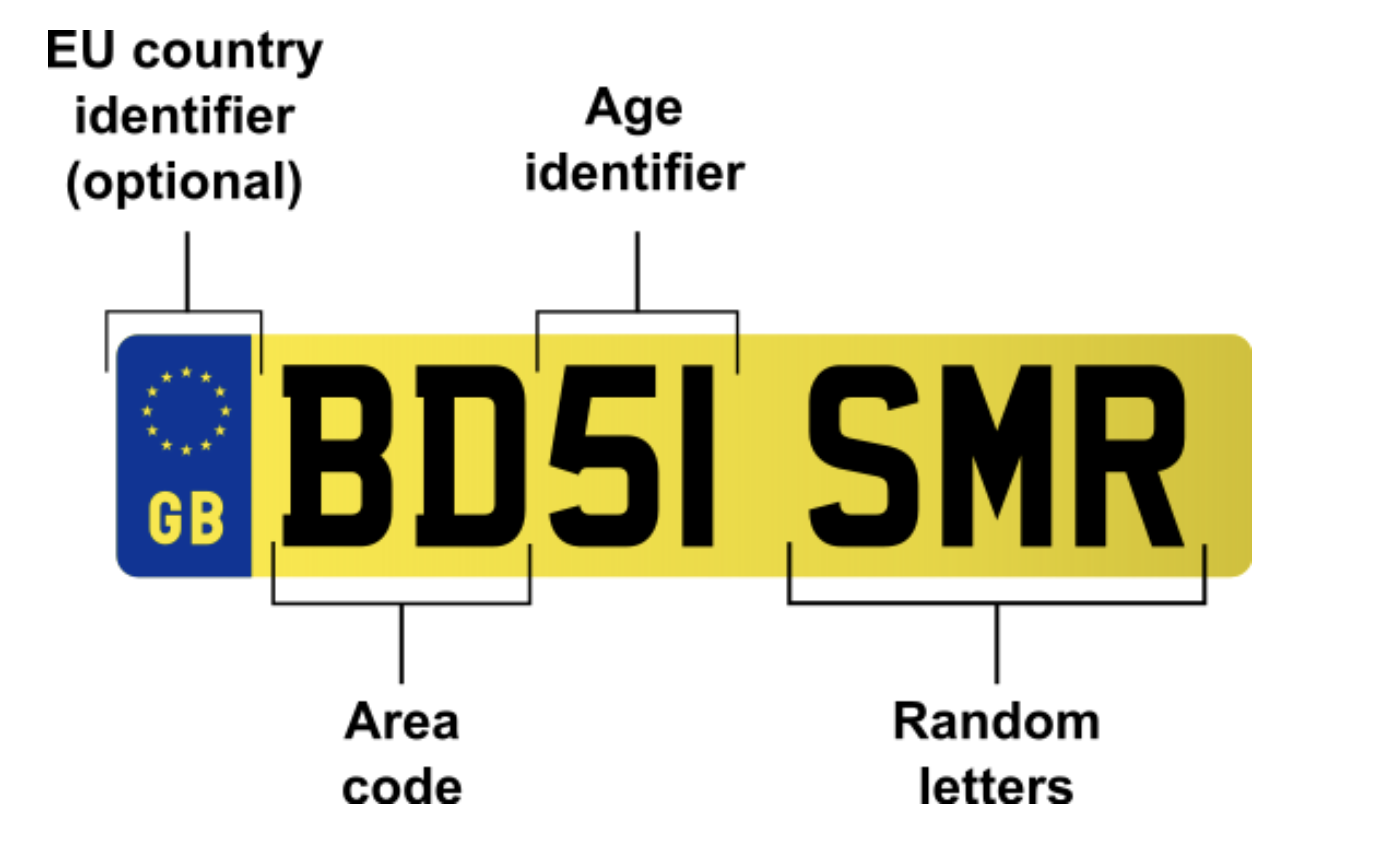
Plates with fewer letters and numbers tend to fetch a lot more money. For instance, so-called “dateless” plates - those without any indicated date of production - tend to carry a substantial premium compared to those with dates. Registration plates containing names are also worth substantially more than many people expect.
If you own a plate that only has a few figures, such as three numbers followed by a single letter, then you could stand to make a lot of money. These plates regularly fetch more than £10,000 at auction, with some going for more than £100,000.
There are also what are referred to in the industry as “cherished plates” - those that have sentimental value, despite being uninteresting from a format point of view. These could be plates including 84 RBY (Barby), or containing BO55, V8, MUM, DAD, M155 (Miss) or V12 (VIP), along with a string of additional letters and numbers. Plates with sentimental value or interesting prefixes like M155 offer the customisation that many motorists are looking for.
What Happens When A Buyer Is Found?
When selling a private number plate, it is not, unfortunately, a matter of just handing the number plate over to the new owner. There are a couple of steps that either you or your dealer need to go through first.
The first step is to wait for written confirmation that the plate has actually sold. If you’re working with a dealer, they will hold the funds from the buyer in escrow while carrying out all the paperwork on your behalf. You will need to give the dealer either your V778 Retention Certificate, the V750 Entitlement Certificate, and the V5C Registration Certificate. They’ll send all these off to the DVLA and await confirmation. Once that's completed, the money will be paid into your bank account and the transaction completed. If you decide to sell privately, you will need to submit these documents to the DVLA yourself. Ensure that you fill out all relevant fields accurately, or your transaction may be delayed.
Finally, it’s worth noting that every private number plate is unique and, therefore, has a different value. Getting the most for your personalised number plates means finding the right buyer - a person who will really benefit from the message that it contains. Once you do, you’ll maximise the chances of getting as much money as possible.







